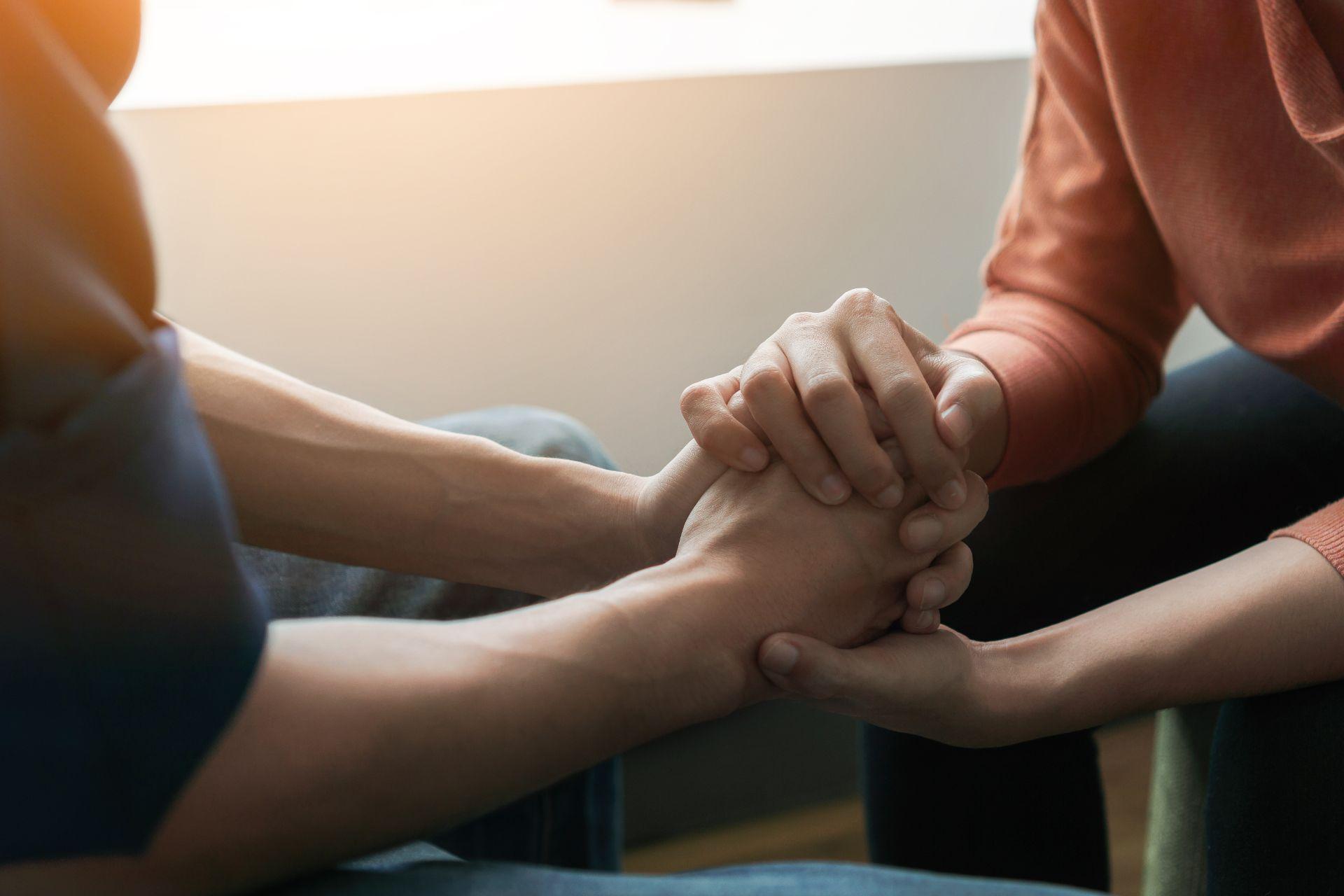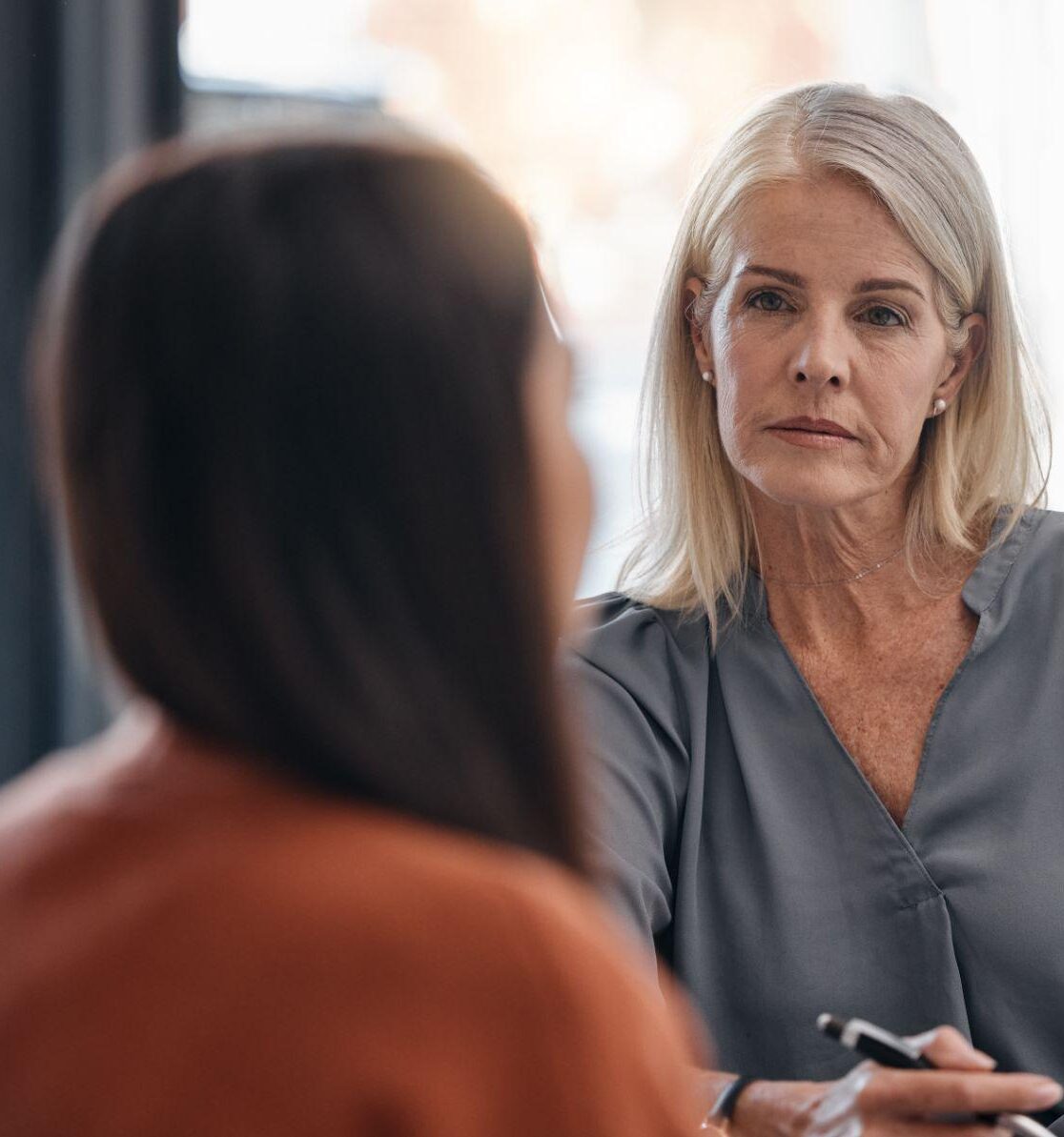One of the most common diagnoses to occur alongside addiction is bipolar disorder. In fact, according to research, at least 40% of people diagnosed with bipolar I struggle with a substance use disorder in their lifetime. These dual diagnoses can feed into one another, making it more difficult to escape the cycle.
At Del Arroyo Recovery Center in Southern California, we offer comprehensive, holistic dual diagnosis treatment for both bipolar disorder and substance abuse. In our inpatient programs, we use a combination of evidence-based therapies, physical activity, and wellness practices to help residents escape their addiction disorder and start over.
How We Evaluate Co-Occurring Disorders
The first step in creating a treatment plan is getting to know the person and screening for any co-occurring conditions. Our addiction specialists review prior medical history and go through standard diagnostics with each client for the best picture of their overall mental health.
After the initial evaluation, we can start identifying the triggers and mood patterns that keep them stuck. For people with bipolar disorder and substance abuse, we create an individually tailored dual diagnosis treatment plan that takes the combined symptoms of bipolar and substance abuse disorders into account.


Our Treatment Options
We use a variety of methods and behavioral therapies in residential treatment, including:
- Cognitive behavioral therapy (CBT)
- Dialectical behavioral therapy (DBT)
- Medication-assisted treatment
- Medical detox and withdrawal management
- Stress relief activities (yoga, meditation, etc.)
At our Agoura Hills rehab, we educate clients on how their co-occurring disorders work and help them develop coping strategies and other skills to combat mood triggers and prevent substance abuse relapse. We help them find and manage appropriate medications that help stabilize and support their mood.
Recognizing and Coping With Bipolar Disorder Symptoms
Bipolar disorder, sometimes called manic depression, can initially be hard to spot, as it can look like other types of mental illness. The key to recognizing it is often in the intensity of the symptoms and the transitions between them.
Common symptoms of bipolar disorder include:
- Manic periods (or hypomanic periods, depending on which of the two types of bipolar disorders it is)
- Talking much faster than normal
- Notably “hyper” affect
- Jumping topics quickly (flight of ideas)
- High distractibility
- Depressive periods (extremely low mood)
- Very little energy, sleeping excessively
- Self-isolation
- Crying, feelings of hopelessness
- Rapid, extreme mood swings, beyond what is typical
- Guilt and self-doubt related to emotional instability
- Difficulties with judgment
A manic episode or depressive episode may last anywhere from a few days to several months. This makes it extremely hard to predict and manage on one’s own. Someone may turn to substance abuse to ease mania and depression symptoms, triggering further issues in the process.


Identifying Triggers and Coping With Symptoms of Mood Disorders
Potential triggers for mood swings and bipolar episodes include:
|
To recognize an oncoming depressive or manic episode, watch for symptoms like:
|
At our Los Angeles-area rehab, we provide holistic, whole-person healing from substance abuse disorders. Alongside medication, we’ll help you develop strong coping strategies and create a crisis safety plan. You’ll practice relaxation and emotional regulation through activities like yoga, meditation, and various mindfulness-based stress reduction (MBSR) techniques.
After Treatment for Bipolar Disorder and Addiction
The journey of sobriety continues long after treatment for bipolar and addiction disorders. Del Arroyo Recovery Center’s alumni program provides aftercare support and other resources to help them navigate life and avoid relapse.
There’s no shame in needing help after drug and alcohol addiction treatment. Ongoing individual and group therapy sessions can help you move forward and continue managing your bipolar disorder (and any other co-existing mental health disorder).


Compassionate Addiction and Bipolar Disorder Treatment in Agoura Hills, CA
If you or someone you love is struggling with addiction and bipolar disorder, the comprehensive treatment approach at Del Arroyo Recovery Center can be a powerful agent for change.
Contact us today to discuss your needs and explore how our inpatient bipolar disorder treatment in Agoura Hills can help you get your life under control.
It’s possible to stop using cocaine and crack with the right help.
Don’t wait another day. Get in touch to learn more about our residential program and cocaine addiction treatment center in Southern California.
